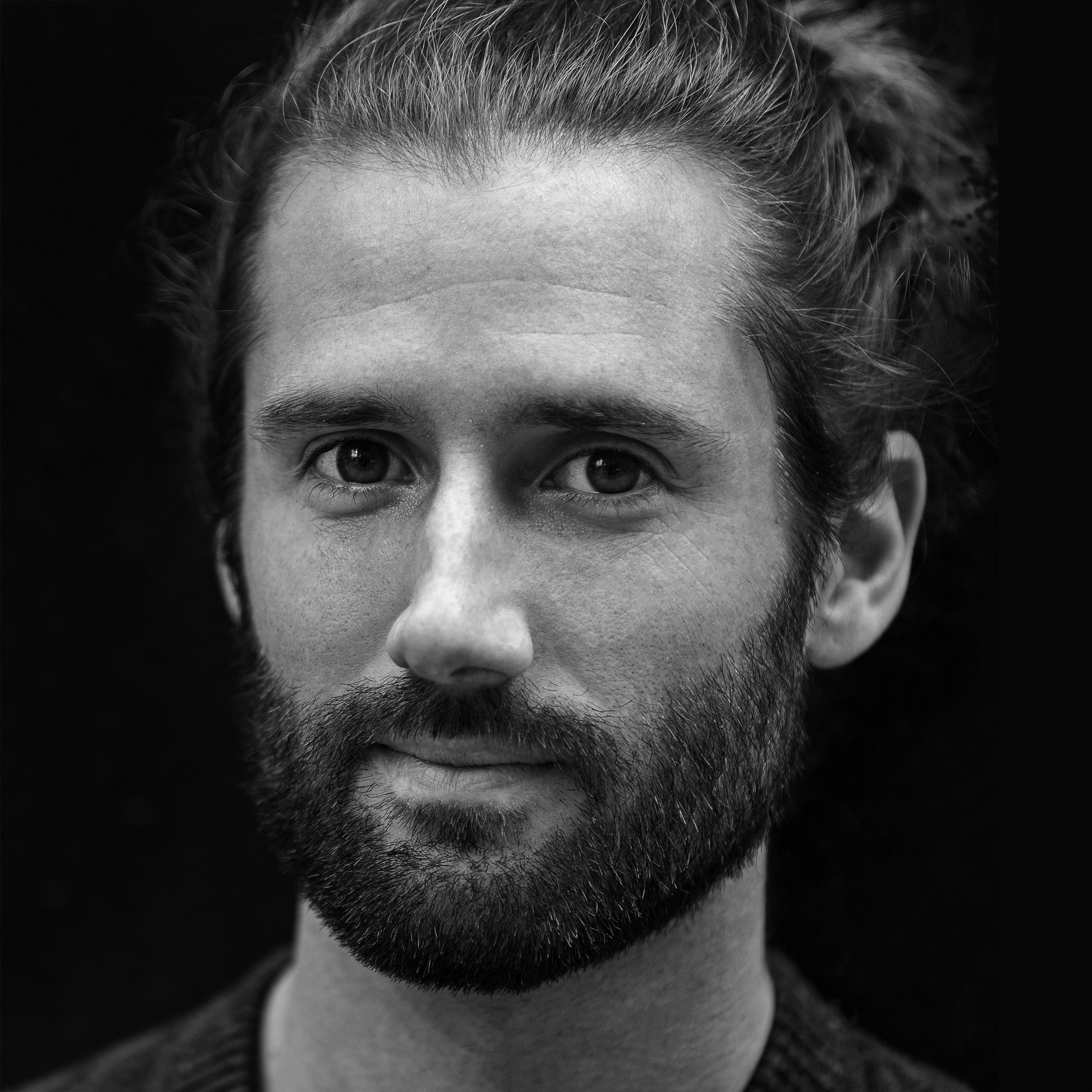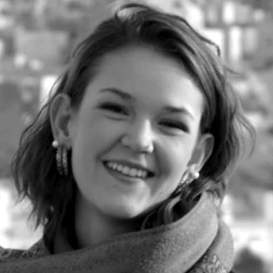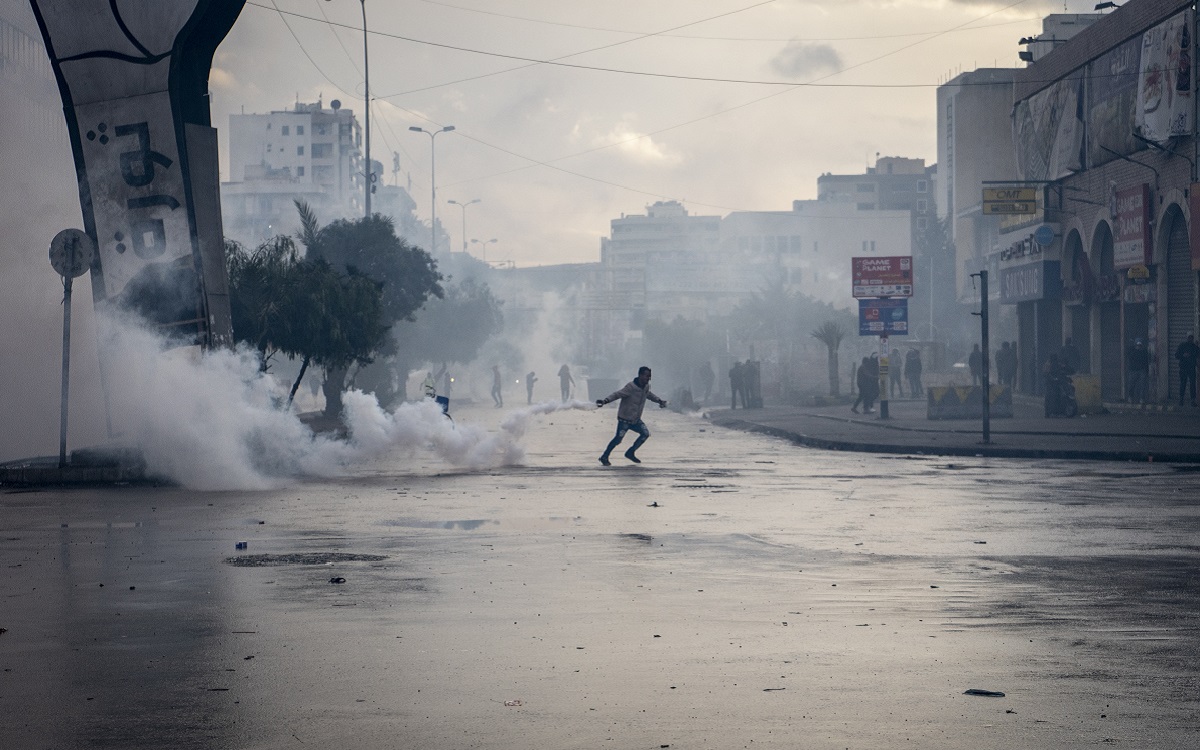
Mohamad took a break from driving his taxi to sit for an afternoon coffee. His focus drifted, his eyes resting on nearby trees laden with winter oranges.
“It was beautiful,” he said softly. “They used to say it was the Switzerland of the East; people from Europe, from the Arab countries, used to come here for tourism. But when the war happened, this ended.”
For Lebanon’s northern metropolis, Tripoli, the decade prior to the outbreak of civil war was a time of hope. Under President Fouad Chehab’s policy of decentralization and his embrace of social welfare, the city’s marginalization under the French Mandate began to be reversed. Perhaps the most notable symbol of this era of optimism was the Rachid Karame International Fair.
Designed by famed architect Oscar Neimeyer in 1962, the fairground was meant to house an exhibition hall, a national pavilion and an outdoor concert stage together capable of hosting up to 2 million visitors per year. However, construction of the fair lagged and then was ultimately halted by the civil war and Syrian occupation of Lebanon, during which Syrian troops based themselves under Niemeyer’s famous arches.
Fast forward to 2021. Images of a city alight and streets foggy with tear gas have both fueled and accentuated popular tropes about Lebanon’s ‘second city.’ A far cry from the days of Neimeyer, Tripoli now goes by the popular and incorrect moniker of the ‘poorest city on the Mediterranean’ and the hyperbolized ‘Kandahar of the Middle East’.
Nearly sixty years since Neimeyer conceived the fairground, the hope that it once embodied has crumbled. The park is effectively closed to the public and architectural monuments on the grounds are nearing collapse with no apparent plan for their restoration. Less than a kilometer away, Tripoli’s main square, Sahat al Nour, has become a stage for recurrent protests against the country’s corrupt political class.
Most recently, young people took to the streets in January in opposition to the renewed nationwide COVID-19 lockdown and the absence of corresponding social protections. Tear gas filled the streets as small groups of masked youth launched Molotov cocktails towards the city’s Serail, or main administrative building. Gathered outside the Ghandour building, a planned five-star hotel that was never completed, citizens of all ages spoke of hunger, frustration and anger.
A stage for competition
Mohamad, a youth activist who works in air conditioner sales and repair, spoke of the city’s politicians with cold, hard anger.
“When you are working under a politics of hunger, you can dominate a population. They dominated the city of Tripoli through starvation… The state put us under lockdown because of coronavirus for a month so that we don’t infect each other. But we don’t have money. Today there’s no work. We don’t have salaries. These people that are sitting at home, they need to eat.”
Saad, another youth activist and journalist, recalls a famous quote from Tripoli billionaire and former Prime Minister Najib Miqati: “In Tripoli, it is forbidden that someone goes hungry.”
The irony is not lost on those that have filled the streets. Adding insult to injury, Miqati was quoted the following day threatening to arm himself to protect against protestors in his hometown: “If the army is not able to protect us, we will have to take up arms to protect ourselves.”
There is no denying that the city is the victim of extreme poverty and neglect. A 2015 study by ESCWA found that 77 percent of residents in Tripoli were economically deprived and 26 percent of all residents were extremely deprived across all categories measured (housing, health, education, economic situation).
The dominance of this narrative of a city blighted by poverty and overrun by radical Islamists easily overshadows a much more nuanced reality. Rather, Tripoli is a city of paradoxes; the extremely rich and the extremely poor, immense potential and constant disappointment, the scent of tear gas and orange groves.
Residents, politicians, and experts alike will be the first to say that Tripoli is a wellspring of untapped economic potential. But, year after year, investments and planned projects have stalled. Rather than an arena for cooperation, Tripoli has long since been a stage for competition between international players, national political actors, and Tripoli’s zu’ama (local political bosses). As a result, the city and the dreams of its residents have withered while many of those at the top have only grown their power and wealth.
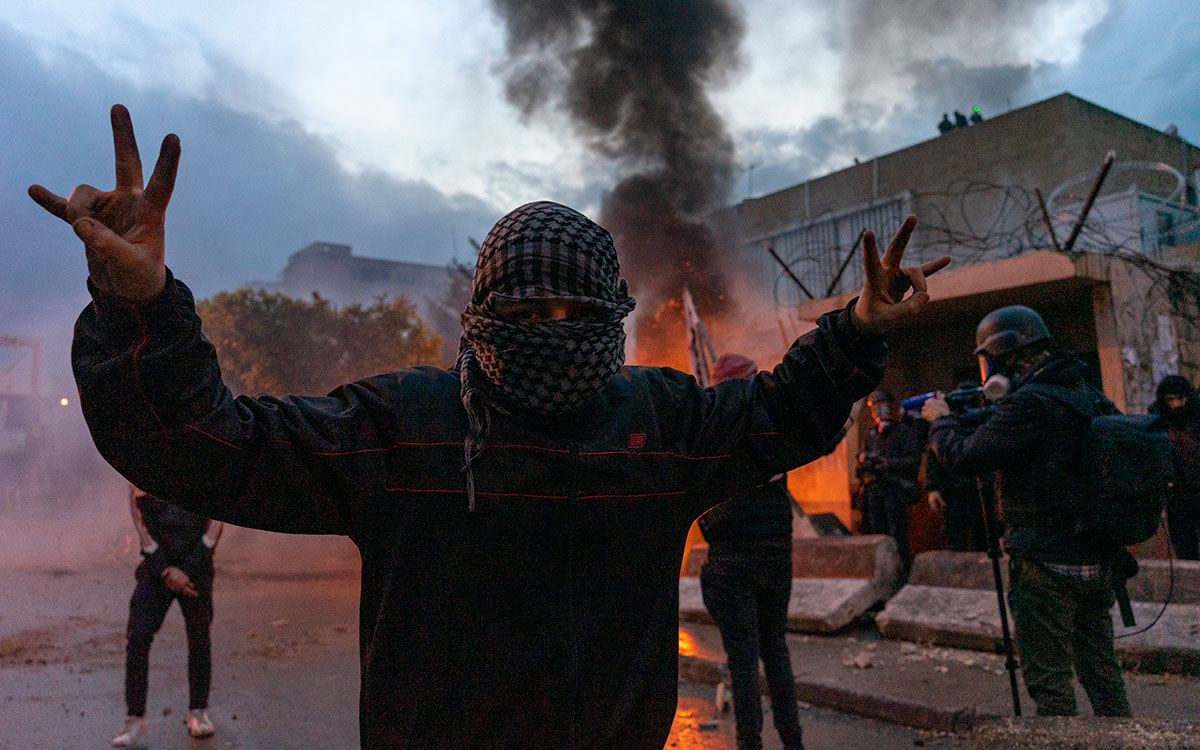
A reservoir for applause
In the words of Hannes Baumann, an expert on Lebanon’s post-civil war reconstruction under Rafiq Hariri, Tripoli was largely left out of the equation.
“I’m not sure if Rafiq Hariri made a distinction [between rebuilding Beirut and rebuilding Lebanon]. What was good for Beirut was what was good for Lebanon.”
This trickle-down economics in the absence of any real plan to develop the economy means that nothing ever trickled down to Tripoli. Rather, in the opinion of Abid Nehme, an advisor with ESCWA and author of the aforementioned 2015 study on poverty in Tripoli, Hariri “never looked at Tripoli as more than a reservoir who could applaud him when he gave a speech…or who he can call for when there was a demonstration.”
The former Prime Minister, however, was largely blocked from having any real influence in Lebanon’s Sunni north, which remained under the tight hold of Syrian occupation. Neglected by Beirut, Tripoli was left to the devices of Syrian leaders, who sought to prevent the emergence of a strong Sunni political class in the city capable of challenging Syrian interests.
Through clientelism, the Syrian occupation elevated Sunni business leaders and others they awarded with political power, many of whom remain influential in the city today. In the words of Mohammad the taxi driver, “everyone started slicing the cheese as they like. They started handing out pieces, this is for you, this is for me.”
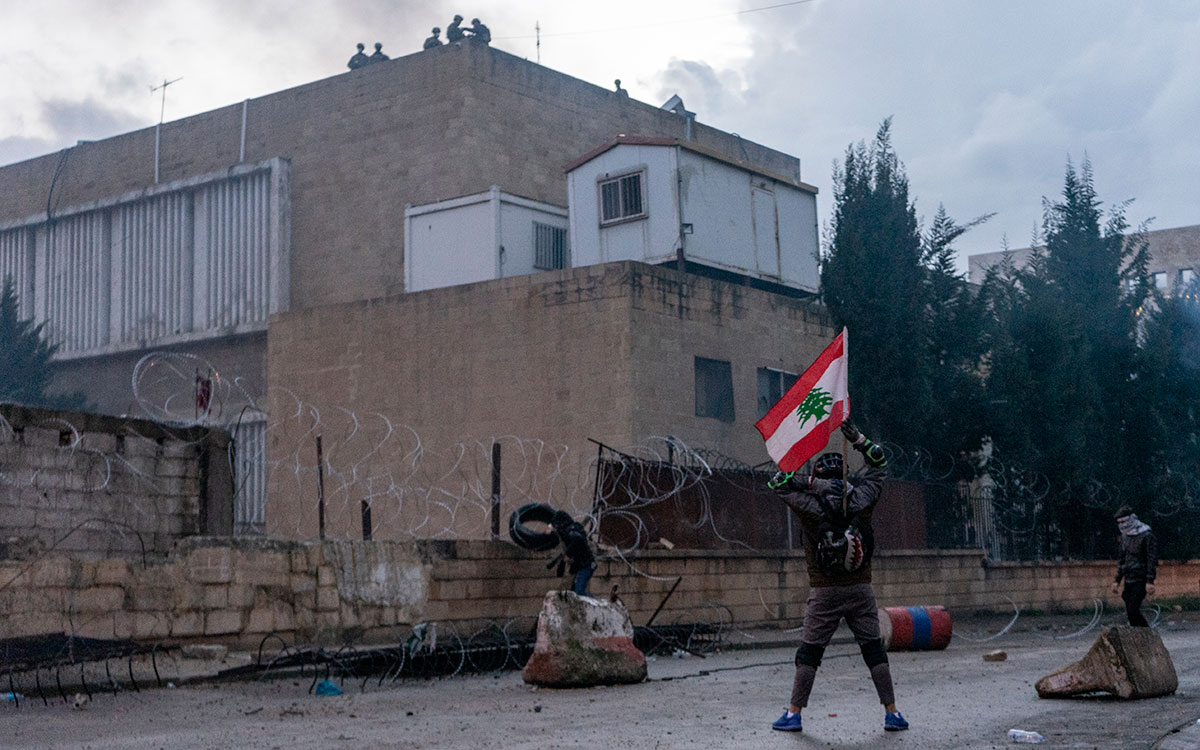
Truth distorted, nuance lost
The Syrian occupation of Tripoli also set the stage for the continued stigmatization and securitization of the city as an Islamist stronghold and for the manipulation of local groups for national and regional purposes.
Recurrent fighting between Fatah-supported groups in the predominantly Sunni Bab al-Tabbaneh neighborhood and Syrian sponsored groups in the Alawite neighborhood Jabal Mohsen, lying just across the river, became a microcosm of the Syrian-Palestinian rivalry.
This eventually escalated into violent contestation of Syrian rule by the Islamic Unification Movement (al-Tawhid) in 1982. Though the Syrians crushed opposition from al-Tawhid by 1985, the war culminating with what Tripolitans remember as the massacre of 200 fundamentalists, the ‘threat’ from Islamists proved to be a powerful justification for continued Syrian presence in the city.
In the years since, conflict has frequently recurred between Jabal Mohsen and Bab al-Tebbaneh. Both among the poorest neighborhoods in Tripoli, they continue to serve as ‘mailboxes’ through which politicians and international actors ‘send messages’ to one another, as described by independent politician Mosbah Adhab.
For example, after the outbreak of the Syrian Civil War, fighting resumed between the two banks of the river, with guns and money from Saudi Arabia pouring into Bab al-Tabbaneh and Syria and Hezbollah arming groups in Jabal Mohsen.
Because of Tripoli’s marginalization on the national scene, politicians and external parties stage these proxy battles in the city with relative impunity. Even during January’s protests, rumors flew that the violence had been instigated by the Internal Security Forces intelligence branch controlled by Prime Minister-designate Saad Hariri on the one hand and the Army Intelligence controlled by Michel Aoun on the other.
While the veracity of these rumors may never be known, their mere existence holds broader significance for Tripoli; in a city that is so often subject to external manipulation with few means of representation for its citizens, truth is often distorted and nuance is lost.
The result, according to academic Jamil Mouawad, is a tendency towards essentialism when it comes to Tripoli.
“We always approach Tripoli from some very extreme dichotomies. So it’s either the bride of the revolution or it’s the ‘Kandahar of the Middle East.’ There’s this kind of stigmatization when it comes to the city.”
The tropes that emerge from this – ‘Tripoli the poor’ and ‘Tripoli of the Islamists’ – obscure nuances and enable the securitization of the city. According to Mouawad, this association between poverty, Islamism and violence “serves one purpose. It’s the purpose of the security agencies and the regime in order to securitize Tripoli. Once you say people are poor, then you can securitize them because they are a menace, a threat to order.”
These narratives of poverty and radical Islamism are not baseless, but they are just two sides of a city that has many facets; many shades of Islamism, an increasingly vibrant civil society, a now shrinking middle class, and pockets of extreme wealth.
Shackled by the political class
However, the essentialisms of poverty, radical Islamism and, as a result, violence, which form the identity of Lebanon’s northern metropolis are symptoms of deeper structural problems. This image and the resulting securitization fuel perceptions of instability which ward off potential investors. Meanwhile, the concentration of extreme wealth in the hands of businessmen and politicians with minimal interest in developing the city does little to create the opportunities and investment that would give Tripoli a new narrative.
As during the time of the Syrians, political and economic influence remains fractured among political figures vying against one another for influence. To quote former Regional Consultant on Governance and State Building at the UN Economic and Social Commission for Western Asia (ESCWA) Adib Nehme, “you do not have one party that claims to represent a majority in Tripoli, nor is it two political parties… you have Mr. Safadi, Mr. Hariri, Mr. Rifi, Mr. Miqati, Mr. Kebara.” These politicians pay the minimum amount of attention required to maintain the slice of influence they can claim in the city.
“Politicians spend a lot of money before the elections but they don’t do long-term political projects,” Mouawad says.
Adhab echoes this sentiment: “politicians decided that they need to help people once every four years when they have elections. And they make sure that the government won’t help them in the meantime.”
Following the October 17 Revolution in Lebanon, however, public disapproval over the zu’ama’s self-serving manipulation of the population has been mounting.
Youth activist Mosbah Saket said politicians have a blatant disregard for Tripolitans. “They come before the elections, going around to the poor, and offering favors for votes,” he said. “Last round, there was a guy who voted for one of the politicians. When I asked why he voted for him, he said he had a handicapped child, and they [the politicians] put him in hospital care. But after the elections, they took him out.”
The result of this dynamic in which politicians compete using the city’s resources and citizens for personal gain, is an absence of any will to work together for Tripoli’s benefit. Instead, politicians battle against one another to the detriment of the city, with development projects that would leverage the city’s untapped potential often scuttled by political dramas and corruption.
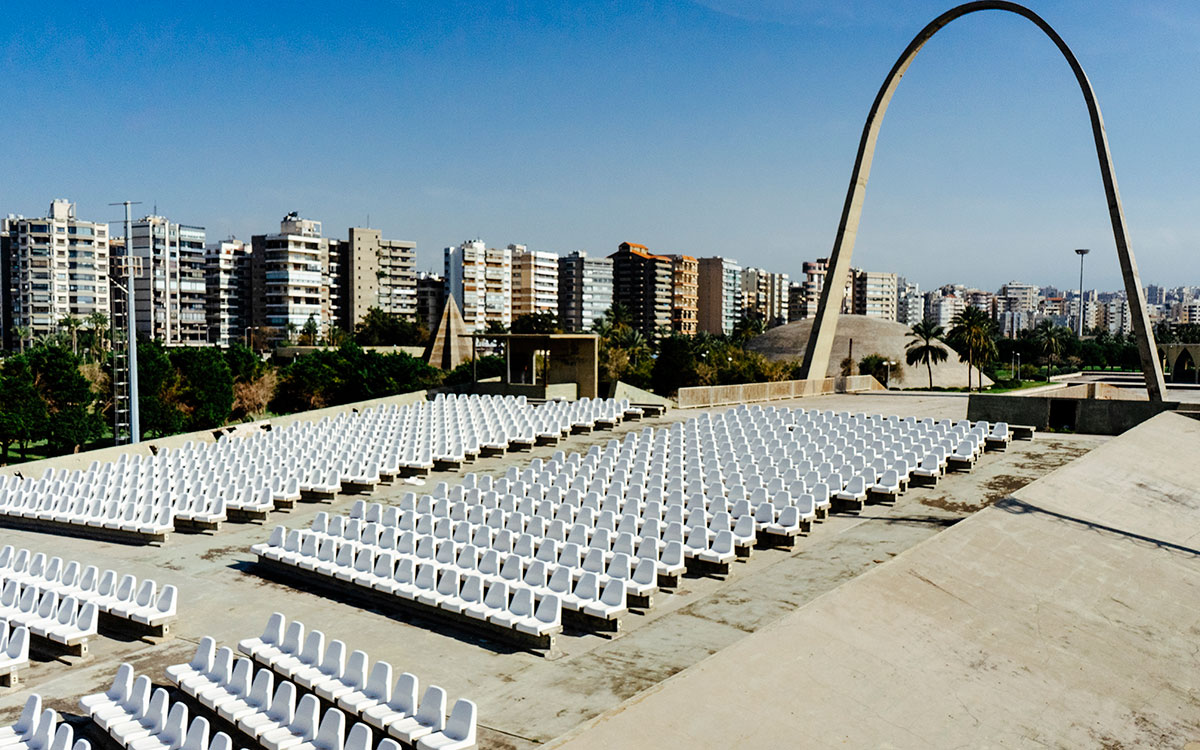
Hope left to crumble
Tripoli’s once-celebrated International Fair is just one example of an opportunity for growth and development which has been squandered by the city’s politicians. According to an anonymous member of the International Fair’s management, a long list of ideas has been proposed to reinvigorate the fairground.
Ranging from a proposal to convert the site into a Fiji-style resort complete with thatched huts and water transport, to plans to turn the site into Tripoli’s ‘Solidere’ (modeled after the ritzy shopping district built by Rafiq Hariri in downtown Beirut), all of these ideas have been undermined by political competition. The only project that actually went ahead on the fairground was the construction of a Quality Inn, which is now also in shambles and years behind on rent.
Most recently, there has been a push by Tripoli’s Special Economic Zone (SEZ) to lease land on the fairground for projects such as a Knowledge and Innovation Center, but this too has been blocked. A special project of Hariri and the Future Movement, Tripoli’s SEZ has been heralded as a monumental development project that would bring badly needed investment to the city.
However, since its approval in 2008 the SEZ has yet to actualize. Over ten years later, the SEZ has only secured approval to begin construction in the port of Tripoli, progress which was rumored to have required an agreement to distribute rents amongst the city’s big players according to Nehme.
In the meantime, Tripoli, like Oscar Neimeyer’s International Fair, has been left to crumble, the glory of old fading with each passing day. Shackled by tropes of Islamism, poverty and deprivation, and preyed on by vulture politicians, many Tripolitans see little hope for reconstructing the city’s image and finally capitalizing on its economic potential.
Like the city itself, ideas for its rejuvenation are fractured. Vice President of the Future Movement Mustapha Alloush sees the city’s future as lying in foreign aid and economic liberalization. By comparison, Nehme and ESCWA drafted a city development plan focused on coordinated strategic revitalization to better manage the city’s resources and capitalize on existing economic opportunities. Regardless of which policy is better for the city, progress is unlikely if resources and strategic direction remain in the hands of a largely disinterested and self-serving political class.
Tripoli residents like Mohamad, the youth activist, appear to realize this.
“Just get rid of them, and we’ll elect new leaders and the country will be in a better condition. But because these guys are thieves, whatever money is sent, they will steal it.”
Matt Kynaston is a multimedia journalist with @NOW_Eng. He tweets @MattKynaston.
Rachel Bessette is a freelance journalist and researcher based in Beirut. She tweets @RachelBessette.


